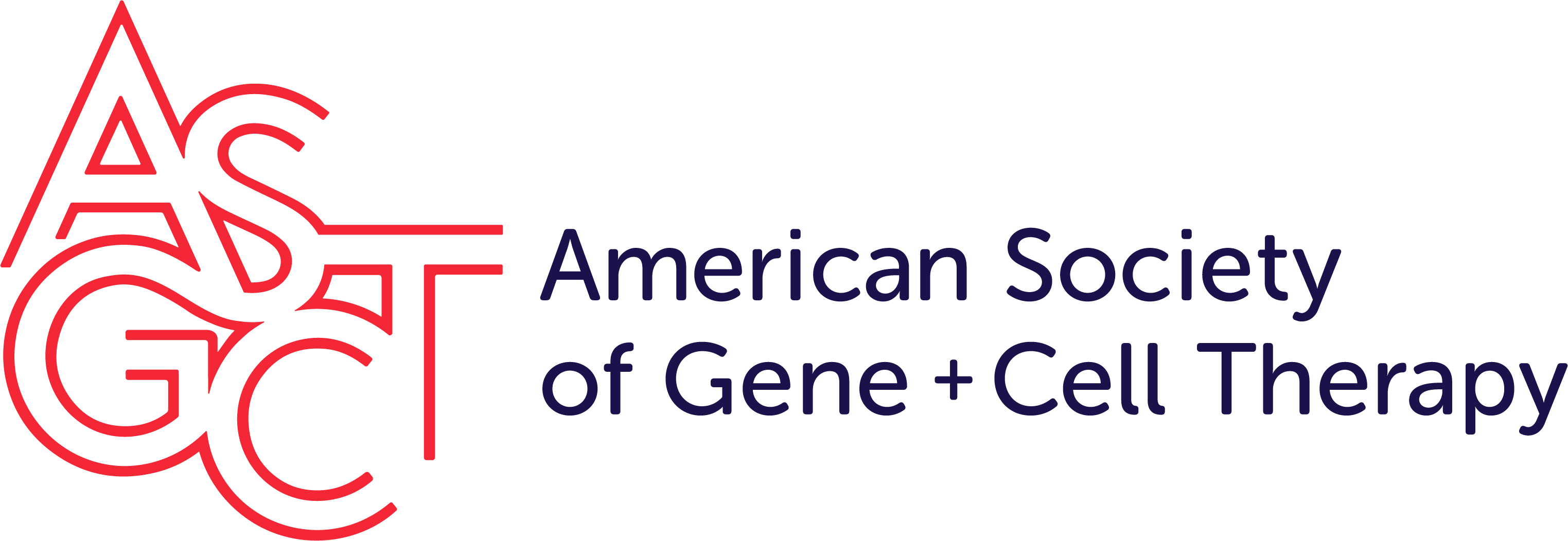
Jeffrey Chamberlain, PhD, on ASGCT 2024: Record Highs, Focus on International Research

The McCaw Endowed Chair of Muscular Dystrophy at University of Washington discussed emphasized topics at this year's ASGCT meeting.
“The field as a whole is strong, the basic research is stronger than ever, we have more people interested in gene therapies, translational work, even universities and biotech moving into clinical studies is at an all-time high. So, hopefully, we can keep that going, and the economy will pick up a little bit, and we'll be able to bring these things into the marketplace where they can benefit as many people as possible.”
The American Society of Gene and Cell Therapy (ASGCT) is set to hold its 27th Annual Meeting in Baltimore, Maryland, on May 7-11. The meeting brings together researchers, clinicians, academic centers, regulatory agencies, and industry involved in gene and cell therapy work to share their work and generate collaborative discussions in the field. This year’s meeting is set to be the biggest yet, with ASGCT expecting over 8000 attendees.
CGTLive spoke with Jeffrey Chamberlain, PhD, Professor, Neurology and Medical Genetics, and Adjunct Professor, Biochemistry, and McCaw Endowed Chair, Muscular Dystrophy, University of Washington, who has served as ASGCT’s president for 2023-2024, to learn more about what to look forward to in the meeting. He discussed some of the focuses for this year’s meeting, including highlighting gene therapy investigations and research internationally from countries not historically overly involved with the technologies outside of the US, Europe, and Japan. He noted that in addition to a record number of attendees, the abstract submissions have also reached a record high. He emphasized the importance of continuing industry funding amid pullbacks in the sector, especially for rare diseases andpatients that have no treatment options, as he noted that industry interest in this area has decreased.
Newsletter
Stay at the forefront of cutting-edge science with CGT—your direct line to expert insights, breakthrough data, and real-time coverage of the latest advancements in cell and gene therapy.















